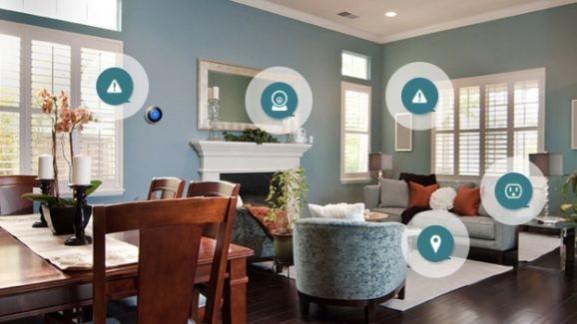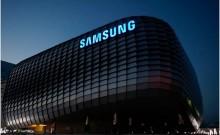
After spending $200 million on SmartThings, Samsung asserts that OEM-made gadgets will feature SmartThings. Based on Internet Of Things (IOT), SmartThings is capable of integrating your devices for communicating with each other.
For example, you feel the need to your defrost your fridge while sitting at office or suddenly remember you haven't turned off your bedroom's AC, SmartThings comes to the rescue. With SmartThings, you can instruct your fridge to activate defrost mode or ask the AC to go into hibernation using your smartphone.
Not only that, you can instruct a vacuum-cleaning robot to double-up as a security guard for your house. All of your SmartThings-connected gadgets will be able to give you information in case of a leaking kitchen sink or a break-in via their camera.
Meanwhile, Samsung is also trying to push Tizen as a mobile operating system. IB Times had earlier reported about Samsung's plans to introduce a few Tizen-based smartphones in India and other sub-continental markets. A few of the wearables like Gear S or the latest Gear VR are also based on Tizen.
Apple has been able to build its own ecosystem so easily because Mac itself is the most reputed, secure and popular OS. But popularising Tizen at this point of time would be a big task for Samsung.
The Korean Consumer Electronics giant, Samsung, is also focusing on digital health, virtual reality along with their wearables and SmartHomes project. While the wearables will focus on Tizen, Samsung has developed a platform to facilitate the collection and transmission of critical health information.
Samsung is expected to unveil a series of consumer electronics product based on SmartThing at CES next year.















